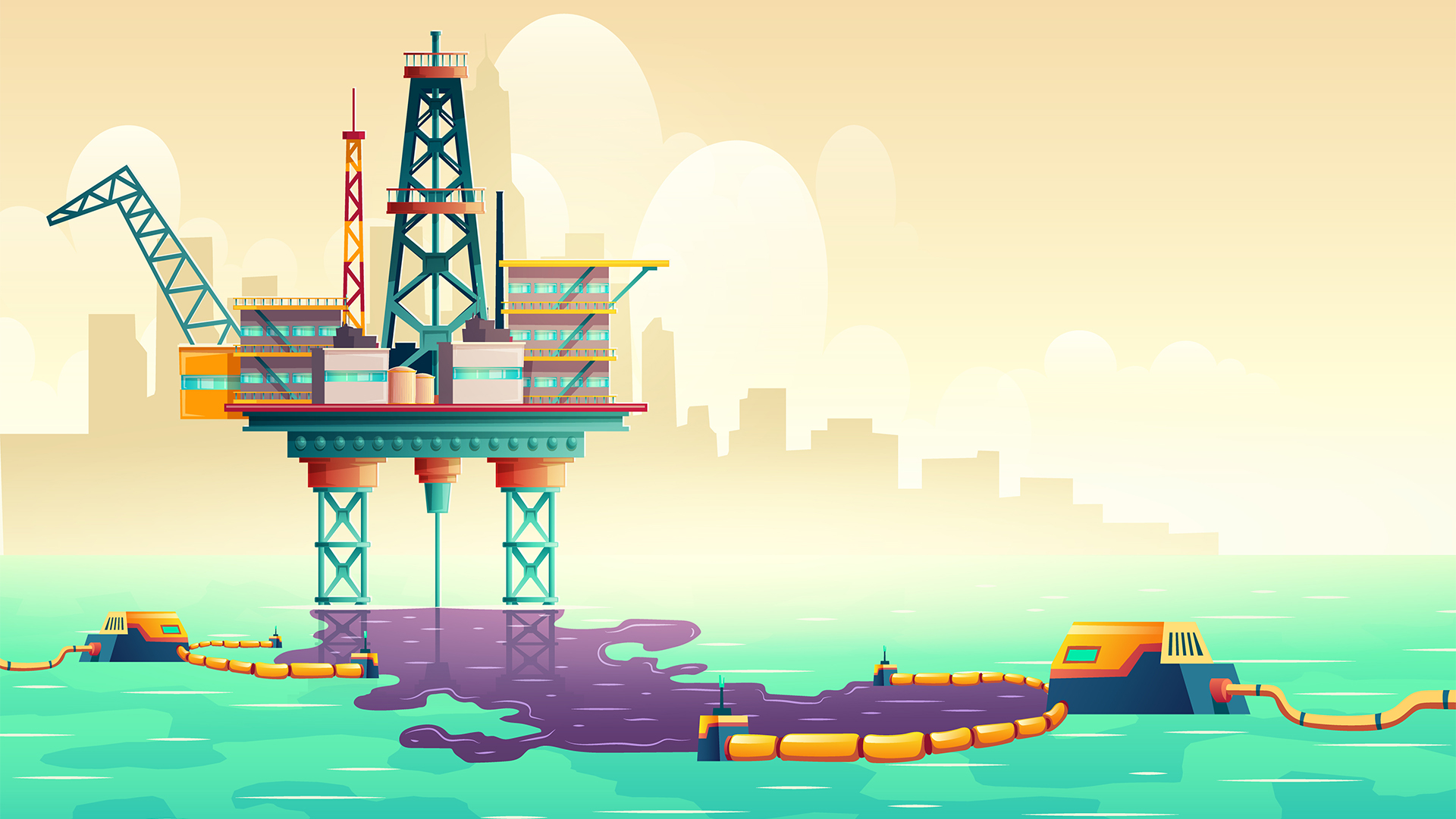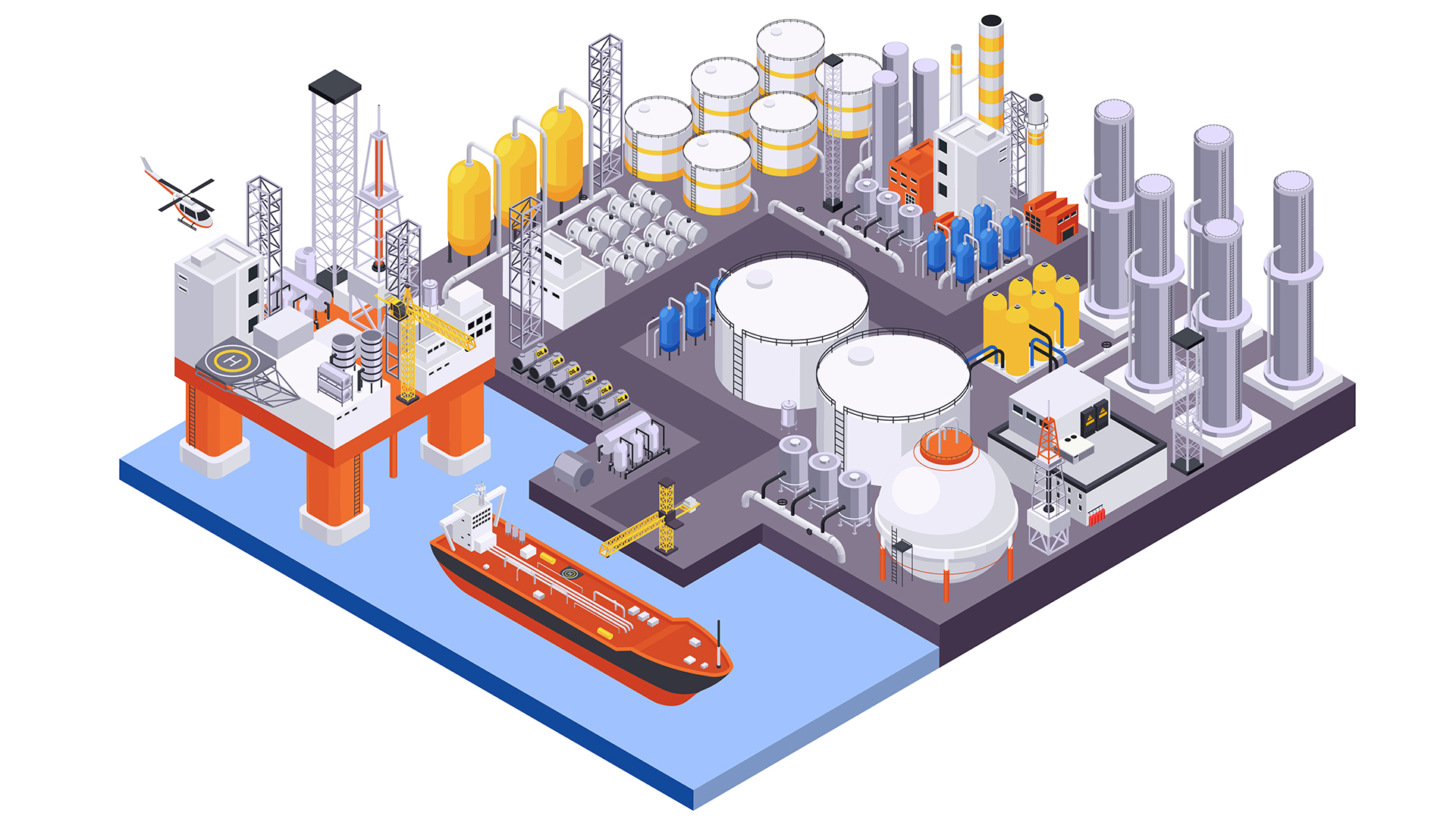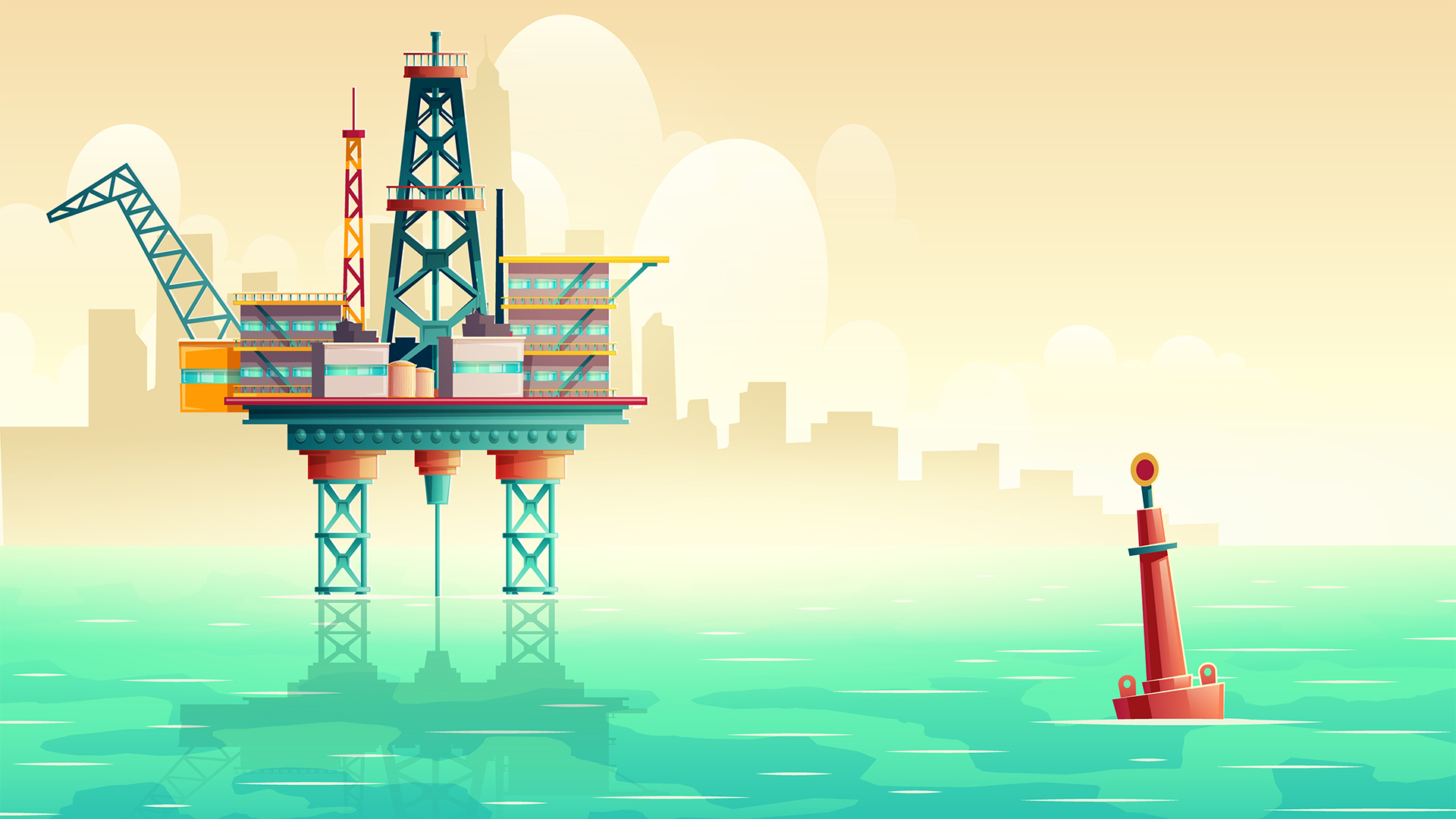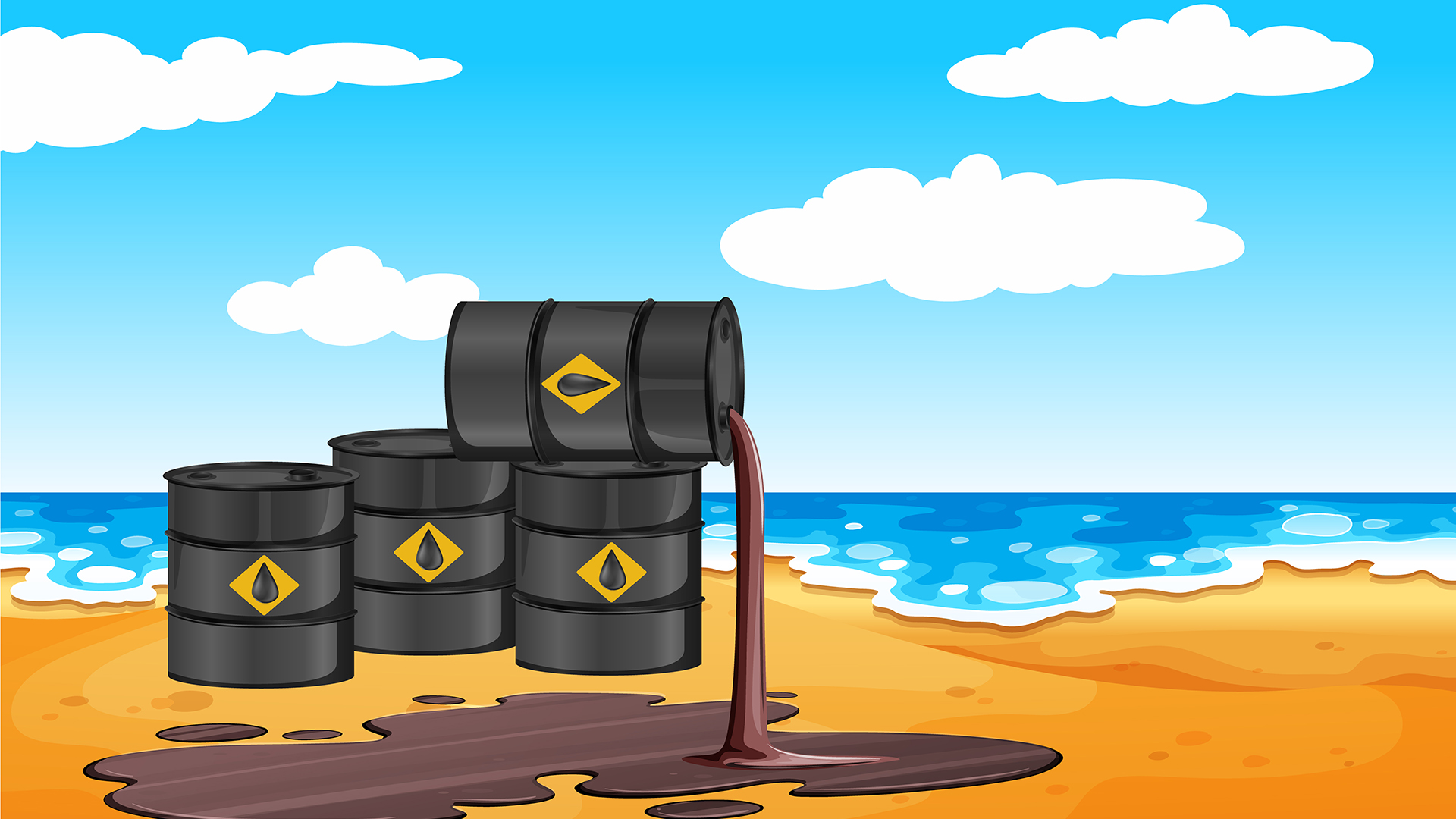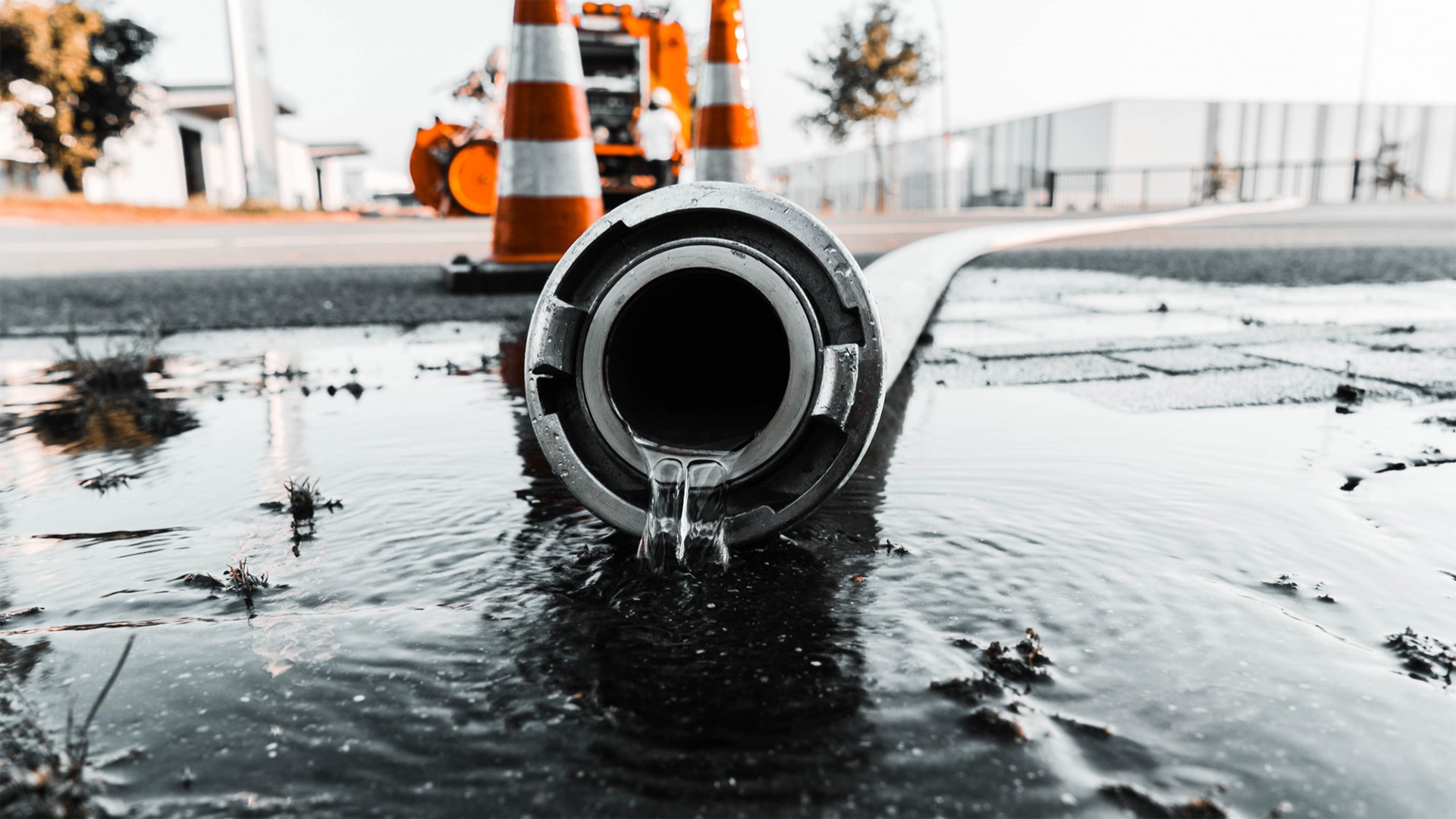
Mastering Deepwater Drilling Riser And Flowline Engineering
Course overview
The oil and gas sector includes a number of areas and parts that are each of variable importance. The offshore engineering component of this course is crucial. It is the branch of engineering that deals with building constructions that will be stationed in the ocean. Structures may be close to or further from the coast at the project site, which is on the ocean.
What in petroleum engineering is a riser?
One of the key components of offshore engineering is the riser for deep-water drilling. An offshore well and a drilling unit are connected by a Deep-water drilling riser. Expert engineers in this field carry out this challenging procedure. The current state of the system, its architecture, and any possible vulnerability it poses must therefore be thoroughly understood.
Flow line engineering, on the other hand, is a subfield of engineering that is in charge of constructing the section of steel pipe that directs the produced fluids from a wellhead, through a production chamber when necessary, to a fluid separator of a surface facility.
What is the work of a subsea engineer?
This Training Bee training program is really thorough. Deep-water drilling and all phases of the flow line life cycle will be investigated. You will gain a better understanding of what a subsea engineer does if you take this course. You will therefore be well-versed in the deep-water drilling and flow line sector.
Introduction
The Deep-water Drilling Riser and Flow line Engineering Course is pleased to welcome you. In the oil and gas sector, deep-water exploration and production constitute a cutting-edge of innovation and a crucial source of hydrocarbon resources. However, they also provide significant difficulties, particularly in the planning, building, and administration of drilling risers and flow lines. You will gain a thorough understanding of the complexities and subtleties of deep-water drilling and flow line engineering from this precisely designed course.
We are The Training Bee, a global training and education firm providing services in many countries. We are specialized in capacity building and talent development solutions for individuals and organizations, with our highly customized programs and training sessions.
We want to give you the knowledge and abilities you need to succeed in the field of Deep-water drilling riser and flow line engineering as you begin this educational adventure. You will be well-equipped by the end of this course to handle the intricacies of Deep-water operations, assuring safety, environmental protection, and effective hydrocarbon production in this demanding but lucrative industry. Greetings from the deep-water engineering world.
Learning Objectives
Upon completing Deep-water Drilling Riser and Flow line Engineering Certification, participants will be able to:
- Inform both technical and non-technical workers about flow line engineering and Deep-water drilling methods.
- Increase the company’s profit by teaching employees more about how to design, build, inspect, and repair flow lines.
- Learn about integrity management and flow line maintenance.
- Recognize the difficulties associated with installing flow lines and flow line design
- Know the fundamentals of flow line engineering, including flow line manifold, flow line routing, and flow line connector.
- The control of flow line integrity
- Find out how floating facilities are connected to flow lines and systems.
Our Unique Training Methodology
This interactive course comprises the following training methods:
- Journaling – This consists of setting a timer and letting your thoughts flow, unedited and unscripted recording events, ideas, and thoughts over a while, related to the topic.
- Social learning – Information and expertise exchanged amongst peers via computer-based technologies and interactive conversations including Blogging, instant messaging, and forums for debate in groups.
- Project-based learning
- Mind mapping and brainstorming – A session will be carried out between participants to uncover unique ideas, thoughts, and opinions having a quality discussion.
- Interactive sessions – The course will use informative lectures to introduce key concepts and theories related to the topic.
- Presentations – Participants will be presented with multimedia tools such as videos and graphics to enhance learning. These will be delivered engagingly and interactively.
Training Medium
This Deep-water Drilling Riser and Flow line Engineering Certification training is designed in a way that it can be delivered face-to-face and virtually.
Course Duration
This training is versatile in its delivery. The training can be delivered as a full-fledged 40-hour training program or a 15- hours crash course covering 5 hours of content each day over 3 days
Pre-course Assessment
Before you enroll in this course all we wanted to know is your exact mindset and your way of thinking.
For that, we have designed this questionnaire attached below.
- How well do you currently comprehend the riser and flow line engineering for deep-water drilling? Please give a concise summary.
- What are the main difficulties involved with deep-water drilling and flow line engineering in the oil and gas sector, and why are they important?
- What are some of the key terms and elements used in Deep-water drilling risers and flow lines? Can you name them?
- What roles do riser and flow line systems perform, and how do they differ in deep-water operations?
- What particular safety issues and problems do deep-water drilling and flow line engineering present, and how are they normally handled?
Course Modules
This Deep-water Drilling Riser and Flow line Engineering Certification covers the following topics for understanding the essentials of the Agile Workplace:
Module 1 – Deep-water Drilling Riser Overview
- Background.
- Deep-water Drilling Riser’s component parts.
- Drilling Risers’ several categories.
- Riser Evaluation.
- Deep-water Drilling Riser Integrity Influencing Factors
Module 2 – Deep-water Risers’ design
- Design standards
- Wave Fatigue of Risers and VIV
- Flexible Flow lines and Risers
- Integrated Risers
- Risers for drilling
Module 3 – Analysis of Deep-water Drilling Riser Risk Assessment
- Risk elements
- Models for Drilling Riser Risks
- A case study
- Global Riser analysis
- Evaluation of the Dynamic Riser
Module 4 – Principles of Drilling Risers
- Selection of Risers and Designs
- Risers for drilling and completion
- Rising top tensions
- Adaptable risers
- Risers’ management, maintenance, oversight, and inspection.
Module 5 – Putting in Deep-water Risers
- Installing a Riser Drill
- Riser Installation Complete
- Construction of Production Riser
Module 6 – Different Flow lines
- Offshore flow line
- Oceanic flow line
Module 7 – Flow line Engineering Overview
- Design of flow lines
- Stream assurance
- Size factors for pipelines
- Flow line route planning
Module 8 – Design Considerations for Flow lines
- Flow lines’ temperature and pressure
- Code for flow line design
- Flow line with mechanical strength Flow line material routing
- Loops for flow line expansion
Module 9 – Connector for Flow lines
- Manually operated connectors for ROVs
- Hydraulic connectors with built-in power
- Hydraulic actuators and mechanical connectors
Post-course Assessment
Participants need to complete an assessment post-course completion so our mentors will get to know their understanding of the course. A mentor will also have interrogative conversations with participants and provide valuable feedback.
- How has your comprehension of the rules governing deep-water operations changed over time? What role does compliance with regulations play in this industry?
- Talk about the techniques you’ve discovered for identifying and reducing the risks connected to deep-water drilling and flow line operations. Give illustrations of risk factors and solutions for each.
- Think on the practical applications of the knowledge and abilities you learned throughout the course. Describe a fictitious Deep-water engineering project and the factors you would take into account.
- What objectives do you have for the future, both short- and long-term, after this course?
Lessons Learned
Participants have absorbed the crucial role that safety plays in flow line engineering and deep-water drilling. They understand that careful risk analysis, adherence to safety procedures, and regular training are necessary to prevent mishaps and incidents.
Environmental responsibility: The focus of the course is on how deep-water operations affect the environment and the tactics used to lessen these effects. Participants now have a better grasp of the delicate nature of the marine ecosystem and the necessity for cautious preservation.
Deep awareness of the technical challenges involved in deep-water drilling and flow line engineering has been attained by participants. They now have the knowledge necessary to manage and handle the particular difficulties of this setting.
Regulatory Compliance: Throughout the course, a common topic has been adherence to industry regulations and standards. Participants are aware of the function of regulatory organizations and the significance of upholding accepted standards.
Innovation and technology: The course introduces students to cutting-edge tools and procedures that can improve productivity and security. The industry’s dedication to continual research and development is highlighted by this.
Risk Assessment and Mitigation: A basic skill that participants have polished during the course is the capacity to analyze and mitigate risks. They are equipped to recognize possible dangers and put mitigation plans into action.
